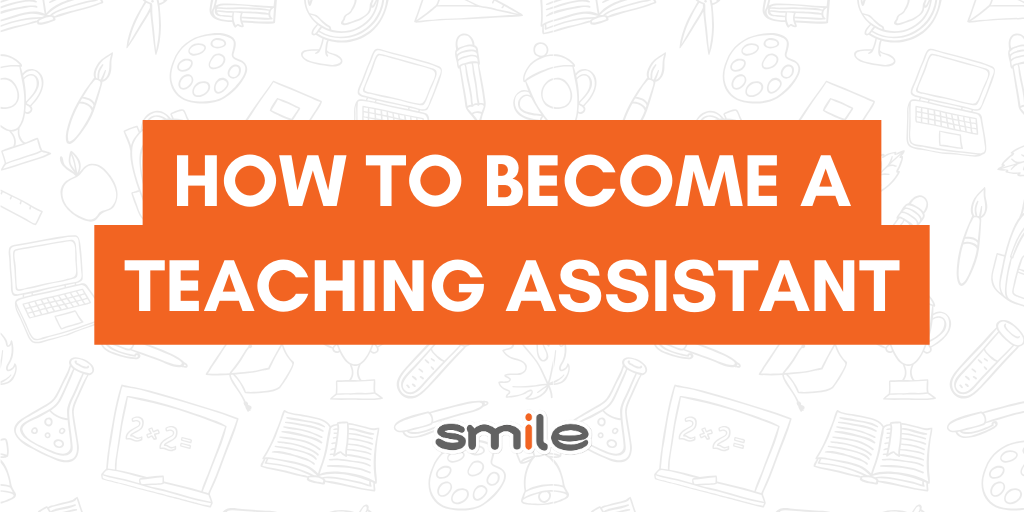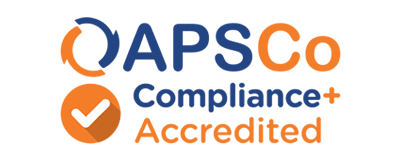Blog
Are you a supply teacher or teaching assistant looking for some help and advice? If so, you are in the right place. Our blogs offer tips and tricks on everything from classroom management to interview tips and support, along with day in the life case studies from real supply teachers, ECTs and cover supervisors. They also give you an insight into what working for Smile is like, the ways which we support local communities and charities and the training and events that we offer.
For more good stuff like this, follow us on social media - you can find us on Facebook, Instagram, Twitter and LinkedIn. Or pick up the phone and give us a call.
Teaching assistants are hugely important in helping students to feel safe, understood and supported in achieving their potential. Could it be the perfect job for you?
If you're considering a teaching assistant or SEN teaching assistant job, we're here to help. In this blog, we've explored everything you'll need to know before you get started. This includes information about different TA levels, qualifications you'll need and more.
What qualifications do I need to be a teaching assistant?
You don't need a degree to be a teaching assistant, but you will need a qualification or two. For most roles, you'll need a relevant qualification, for example an NVQ level 2 or 3 in Supporting Teaching and Learning, or a Level 3 Diploma in Childcare and Education.
You could also become a teaching assistant with a T Level in Education and Early Years.
Do I need to have experience to be a teaching assistant?
Yes, many schools require that you have s experience working with children to work as a teaching assistant. Often, you'll need references from your experience, ideally from an educational setting, to back this up.
You'll also need an enhanced DBS to work with children. If you register with Smile Education and don't yet have one, we can arrange this for you. The cost of £44 will be refunded once you have completed ten days in your new role.
Most importantly, you'll need a passion for teaching and supporting children in achieving their potential.
What are the different teaching assistant levels?
Teaching assistants usually have to hold a relevant Level 2 qualification to work in a secondary or primary school. However, many schools request they have a Level 3 or above.
A Level 2 qualification will teach you the basics, including child welfare, child development and communicating with both children and adults. As a Level 2 TA, you may be responsible for assisting with lesson planning, and providing feedback on student's progress and behaviour.
With a Level 3 qualification, you will be able to provide a greater level of support within the classroom. Level 3 courses are more detailed than Level 2 courses. At Level 3, you could be supporting the teacher with planning activities, working with pupils in more depth and getting the classroom ready before each lesson. You may work with school groups of children or even one-to-one.
A HLTA (Higher Level Teaching Assistant) is further to a Level 3 qualification, and allows you even more responsibility in supporting pupils. You may be able to plan and teach your own lessons and teach classes for absent teachers.
How can I become a Higher Level Teaching Assistant (HLTA)?
If you're already working full-time as a Level 3 TA and want to become a HLTA, you'll need to study additional qualifications. Usually backed up with support from your head teacher, you can undergo an assessment process, which involves observation and a portfolio.
You could even obtain a Level 4 qualification, however this is not necessary to become a HLTA. Not only this, but experience as a HLTA could help you on the way to becoming a teacher.
Can a Teaching Assistant become a Teacher?
Many TA's aspire to becoming a teacher themselves. The skills and experience you'll gain as a teaching assistant can help you massively on your way to teaching your own classroom.
Teaching assistants can certainly progress to becoming a teacher. However, you'll need additional qualifications to do this. If you already have a degree or are in the final year of completing one, you may be able to access a Straight to Teaching programme.
If your school doesn't participate in the programme, you'll need to complete a Postgraduate Certificate in Education (PGCE). You'll need to have at least a 2:2 in your degree to study this course.
If you don't yet have a degree, you'll need to apply for an undergraduate Initial Teacher Education or Training (ITET) programme with Qualified Teacher Status (QTS). You could do this by studying a Bachelor of Education (BEd) with QTS. If you have a specific subject in mind that you'd like to teach, you could apply for a Bachelor of Arts (BA) or a Bachelor of Science (BSc) with QTS.
Finding teaching assistant jobs
Now you've done the hard part in getting the qualifications, leave it to us to do the easy part.
Registering with a teaching assistant agency like Smile Education means you'll get additional support in finding teaching assistant jobs local to you. This is especially useful if you're starting out and want to gain additional experience or try working in different schools or want to find part-time teaching assistant jobs.
If short, temporary roles aren't for you, Smile Education can also help you find long-term teaching assistant vacancies as well as permanent roles. You might even start as a temporary member of staff and achieve a permanent position after working at the school for a significant period of time.
To register with Smile Education, call 0121 392 6570 or browse our current teaching assistant jobs and apply online.
Add a comment:
Blog Categories
Latest Blogs
Celebrating Volunteers' Week at Smile Education
Smile Education Begins Strategic Recruitment Partnership with Bordesley Multi Academy Trust
Netflix’s Adolescence: What Safeguarding Lessons Can We Learn?
From Graduate to Director: Kash’s Career at Smile Education
A Complete Guide to SEN Terms and Phrases for Teachers in 2025












